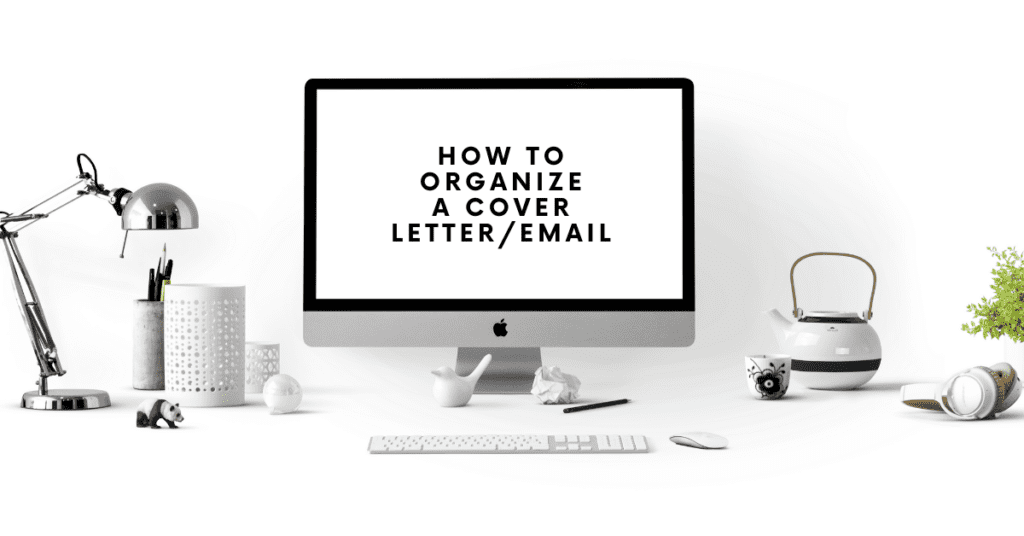Cover letters and emails are important; some hiring managers and recruiters ignore them but others expect them. Why take the chance? Cover letters give you the opportunity to show off your communication skills, direct the hiring manager’s or recruiter’s attention to important accomplishments and facts, and add detail that might not be appropriate for your resume (for example, salary range if the company requires that information as part of your application).
A cover letter or email is normally one page long and should contain the following information in approximately this order:
- Your contact information: Make sure it matches the contact information on your resume.
- The company address: Check this carefully, especially the spelling of the company name.
- Any identifier required by the company: This is optional and could include a job identifying number or the location where you found the advertisement or job posting (for example, a website or newspaper).
- A salutation: Use the name of the person who will receive your resume if you possibly can.
- Why you are writing: Write a sentence or two explaining that you are answering an ad or following up on a referral and mention the job title you are interested in. Explain why you are writing; for example, you like the company and/or you have specific skills the company wants and/or you have experience the company would benefit from.
- Selected past achievements: These should be major achievements most closely related to the job you want. Whether you use bullet points or a short paragraph, the information should, once again, match the information in your resume.
- A short thank you to the recipient for their time: This is also where you should indicate your desire for a personal interview or your intention to follow up at a specific date.
- The sign off: Customary professional signoffs include “Sincerely” and “Cordially.”
While your cover letter or email should be written in the first person, try to write so that you are not starting every sentence with “I.” Avoid very specific salary, geographic or other demands; companies prefer employees who are flexible and reasonable. However, the cover email is a good place to mention your intention or willingness to relocate or travel or any other special circumstances.
Robin’s Resumes® prepares cover letters and emails that rev up the interest of hiring managers and recruiters. Contact us today.
